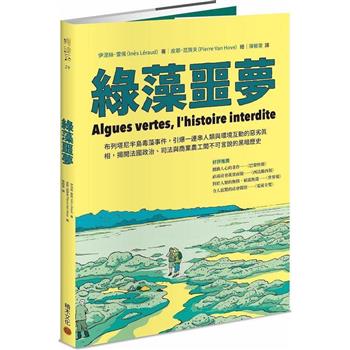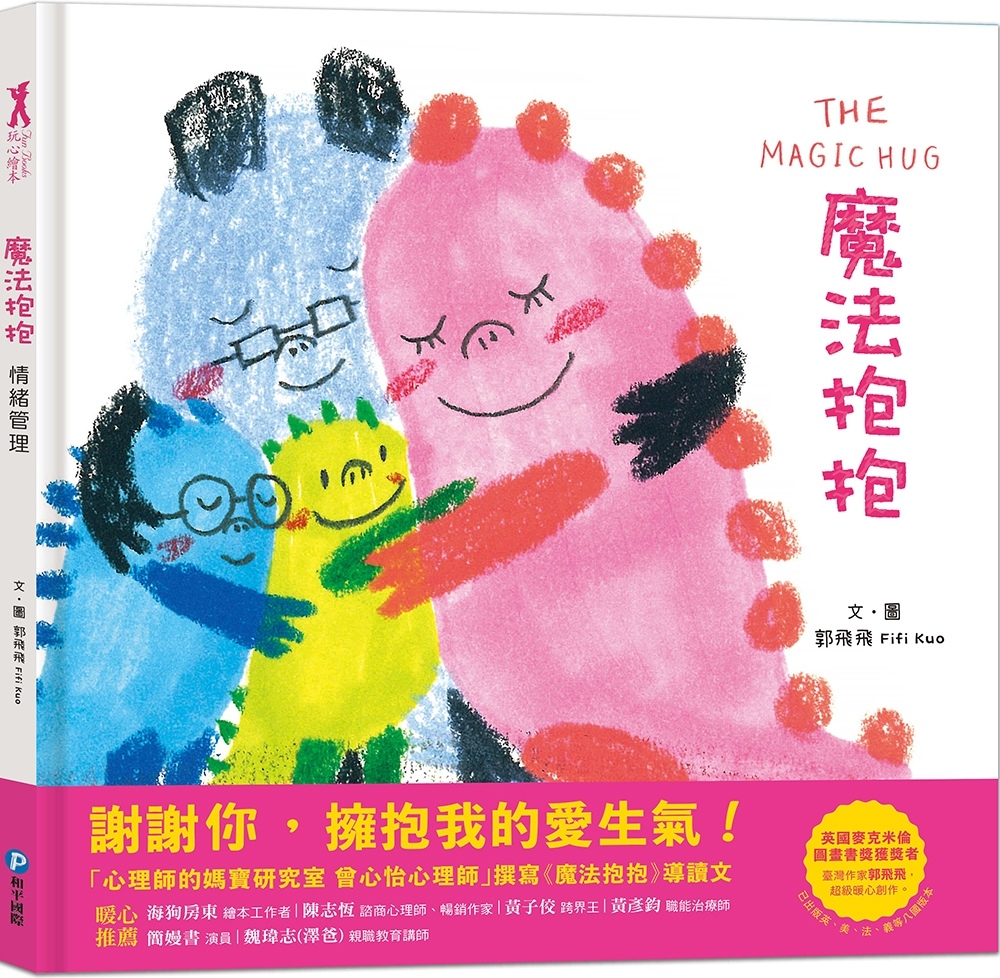"Leaves From Arbor Lodge" offers a captivating glimpse into the history of Arbor Lodge, the Nebraska home of J. Sterling Morton, the founder of Arbor Day. Written by Mary French Morton, this historical account provides a unique perspective on the family’s life and the development of their estate. From its humble beginnings as a simple four-room house to its transformation into a grand mansion surrounded by extensive orchards and forests, Arbor Lodge stands as a testament to the Morton family’s vision and dedication to tree planting and conservation.
The book details the family’s personal stories intertwined with the growth of Arbor Lodge. It paints a vivid picture of life on the prairie, early settlement in Nebraska, and the importance of trees in shaping the landscape and the culture of the region. Readers will appreciate the detailed descriptions of the grounds and the historical context surrounding the creation of Arbor Day. A worthwhile read for those interested in American history, biography, and the legacy of environmental stewardship.
This work has been selected by scholars as being culturally important, and is part of the knowledge base of civilization as we know it. This work was reproduced from the original artifact, and remains as true to the original work as possible. Therefore, you will see the original copyright references, library stamps (as most of these works have been housed in our most important libraries around the world), and other notations in the work.
This work is in the public domain in the United States of America, and possibly other nations. Within the United States, you may freely copy and distribute this work, as no entity (individual or corporate) has a copyright on the body of the work.
As a reproduction of a historical artifact, this work may contain missing or blurred pages, poor pictures, errant marks, etc. Scholars believe, and we concur, that this work is important enough to be preserved, reproduced, and made generally available to the public. We appreciate your support of the preservation process, and thank you for being an important part of keeping this knowledge alive and relevant.












